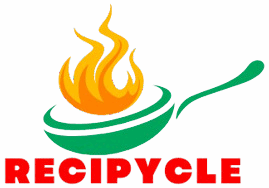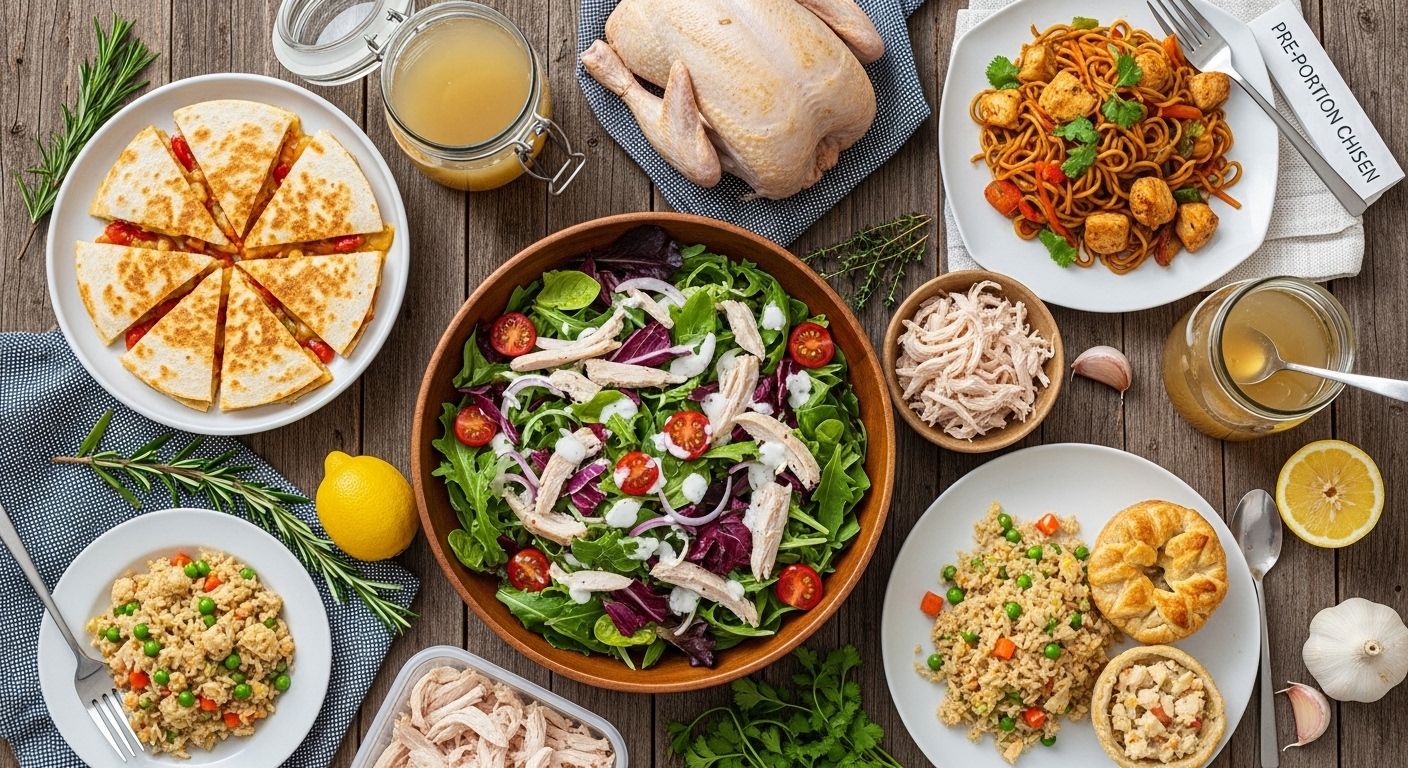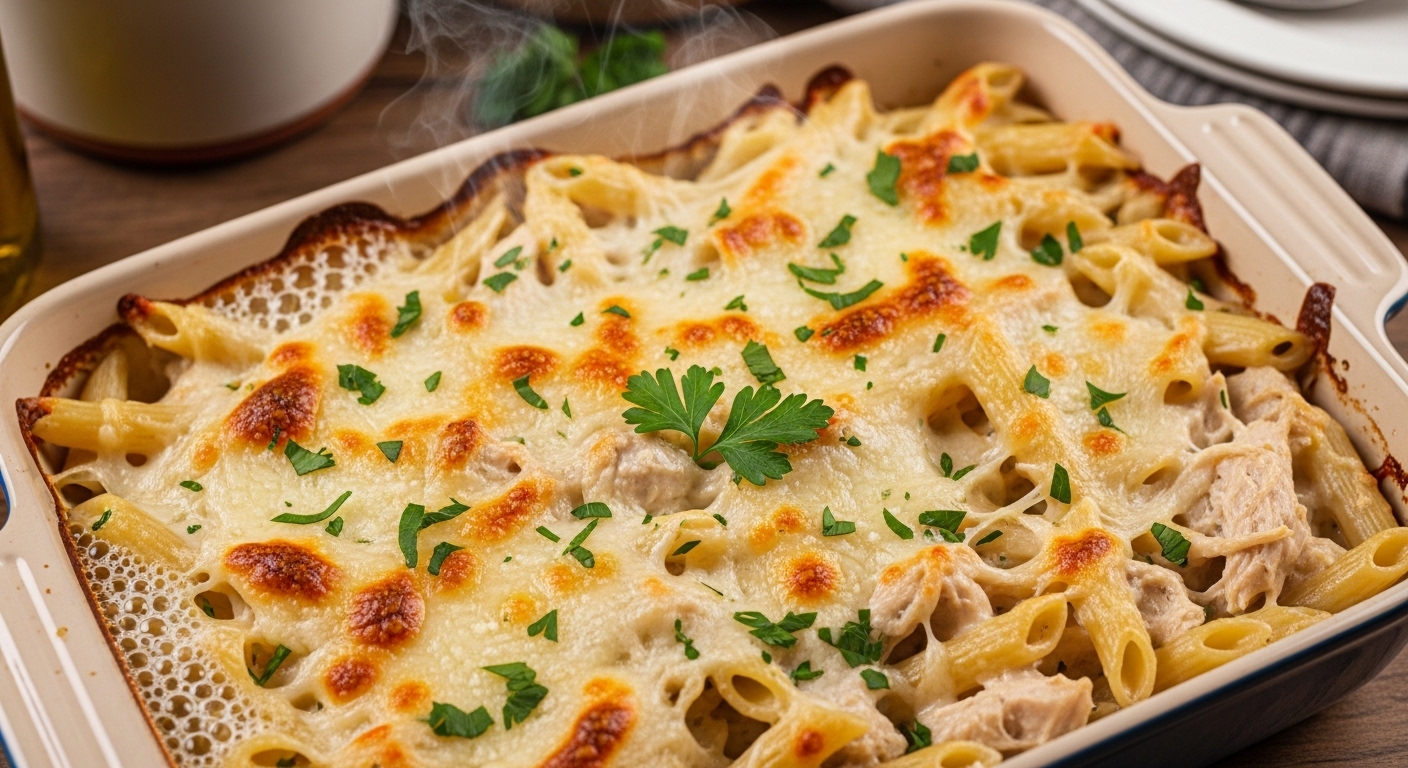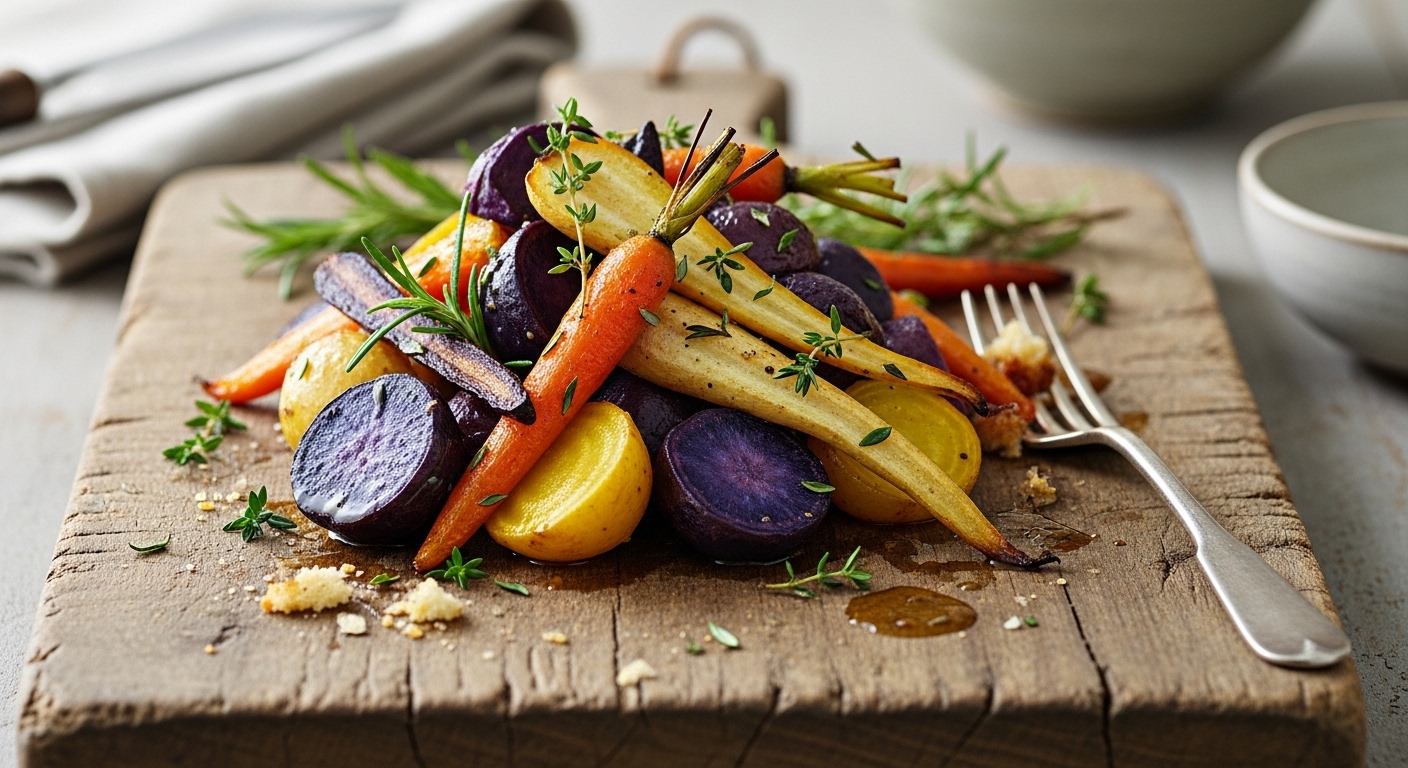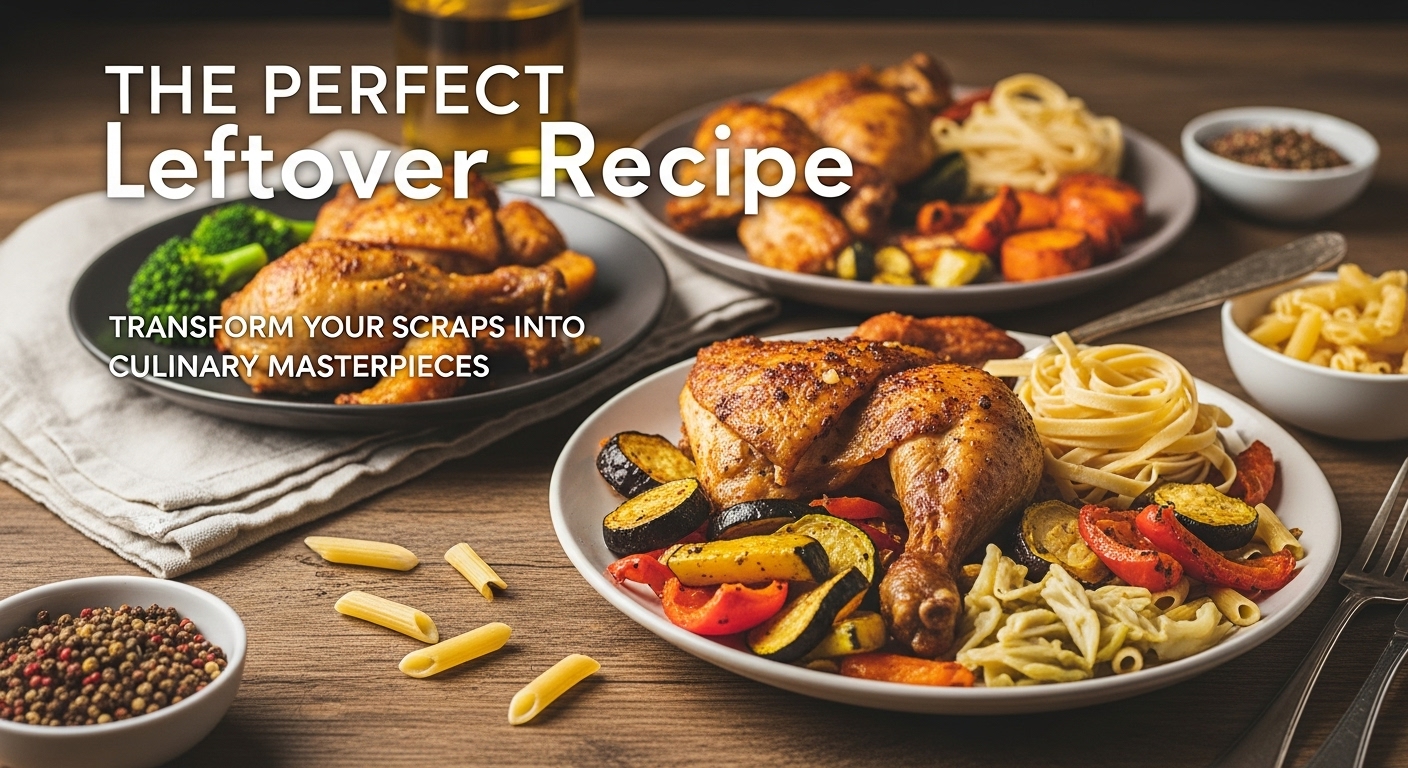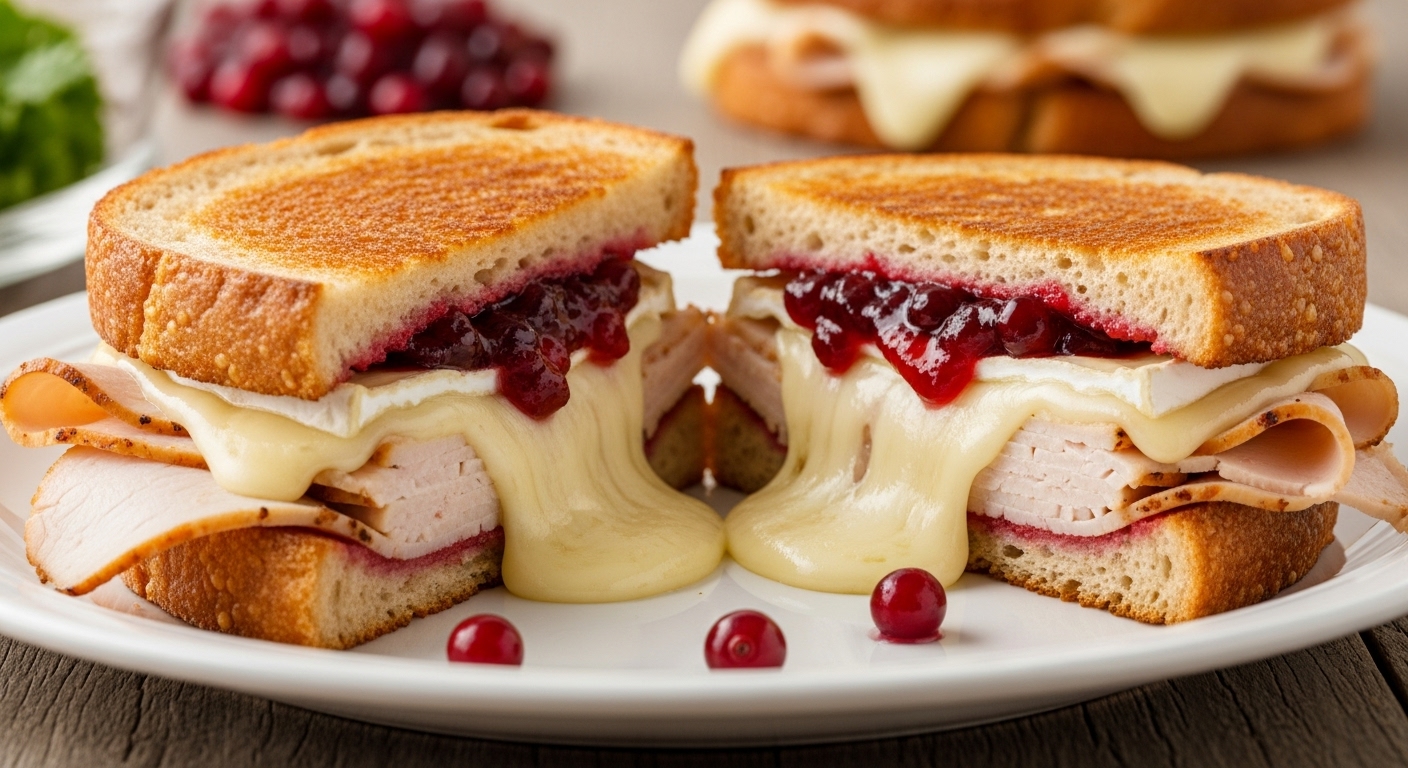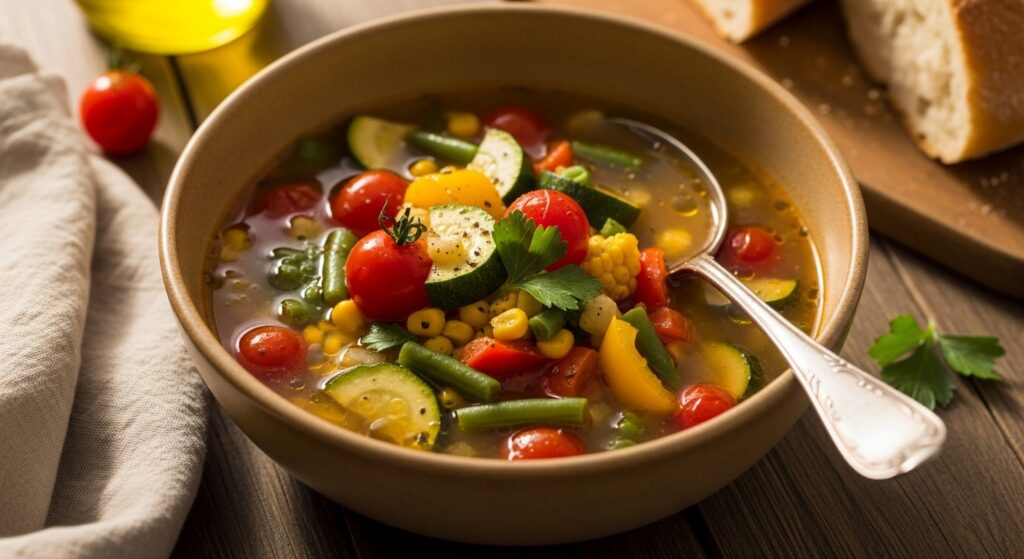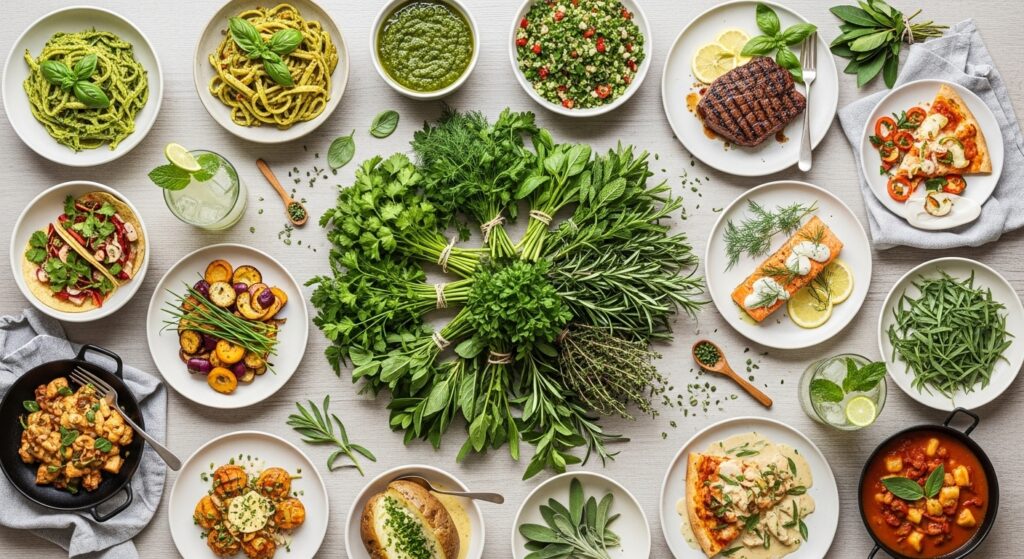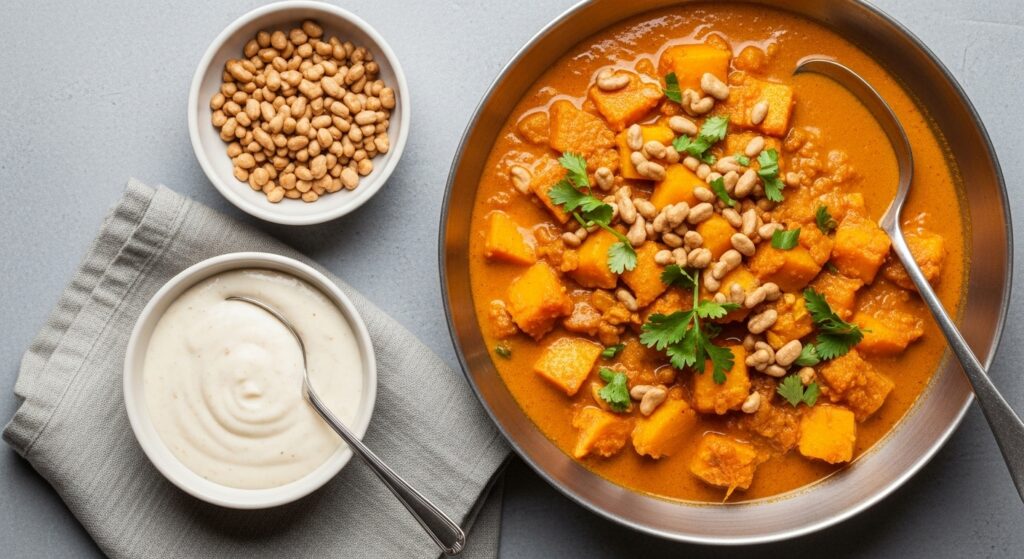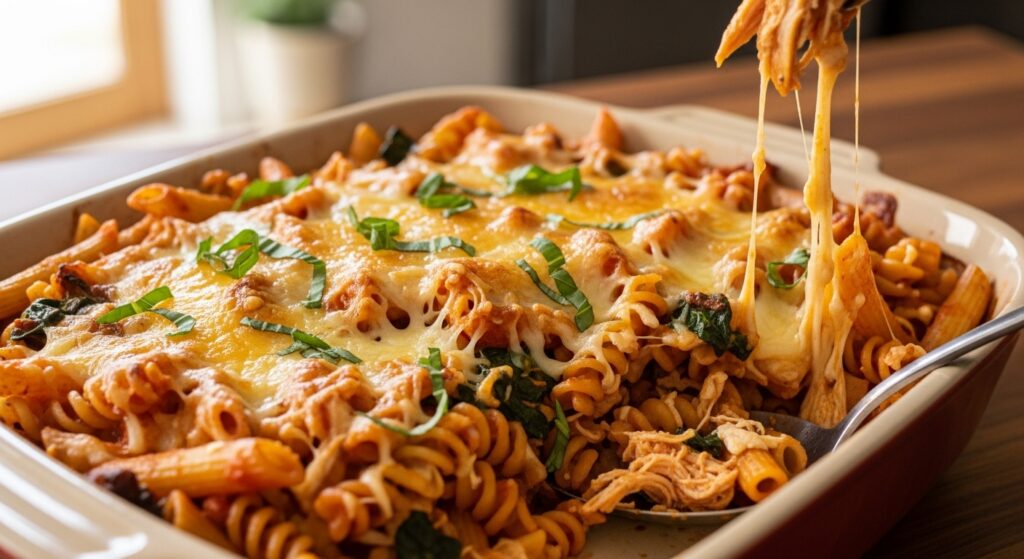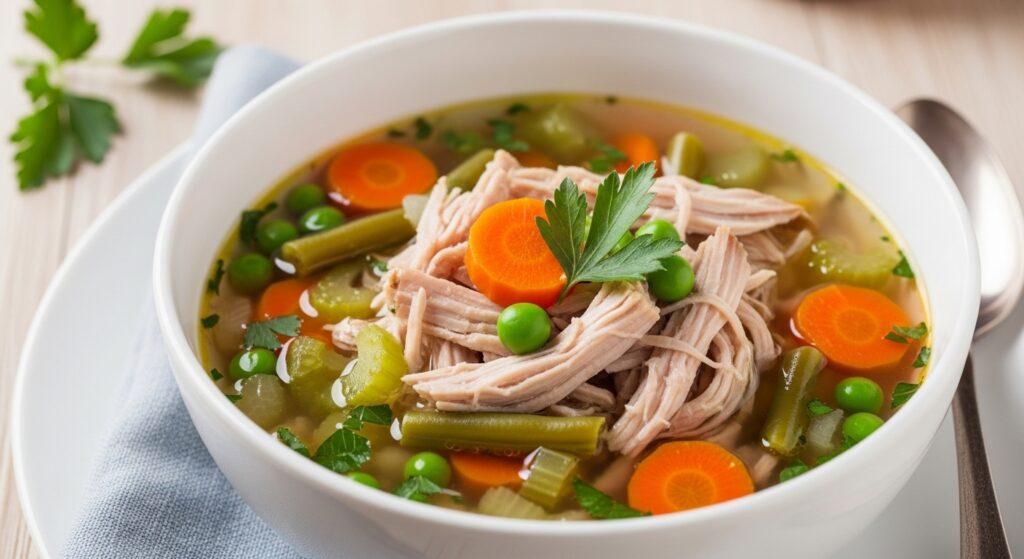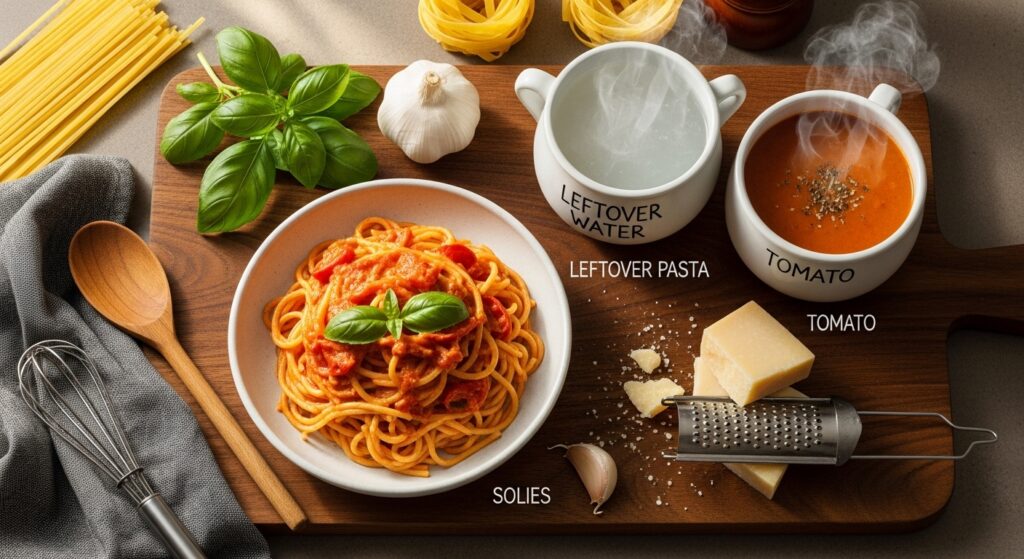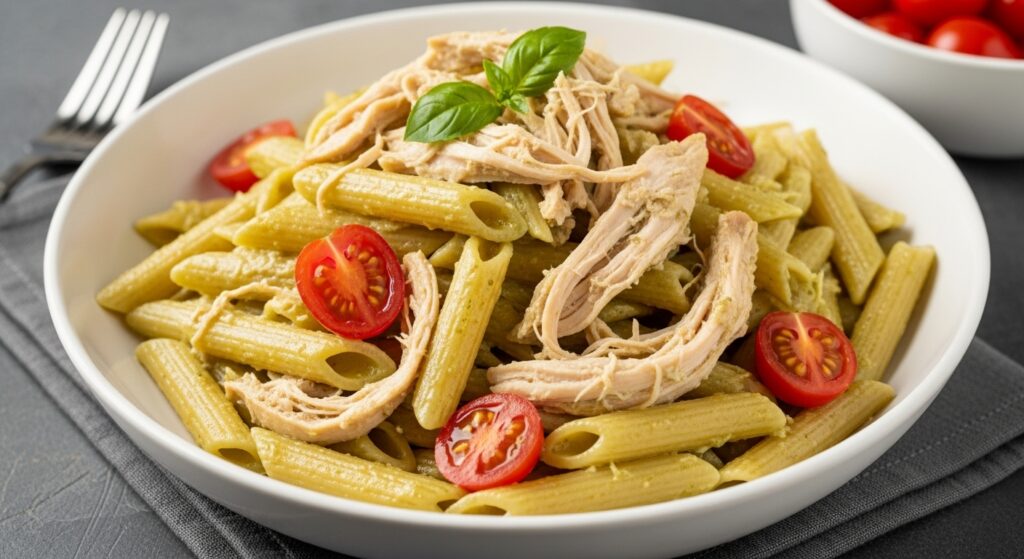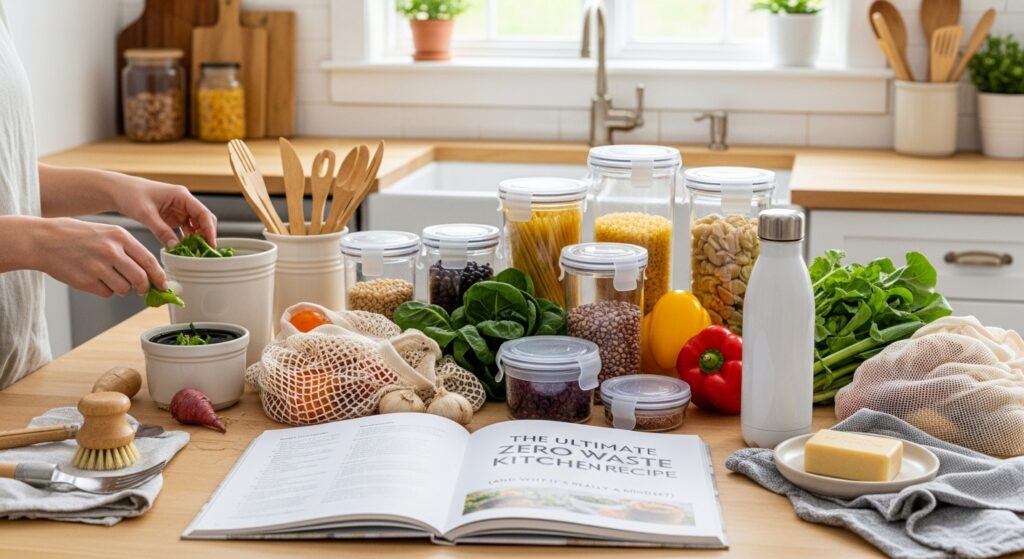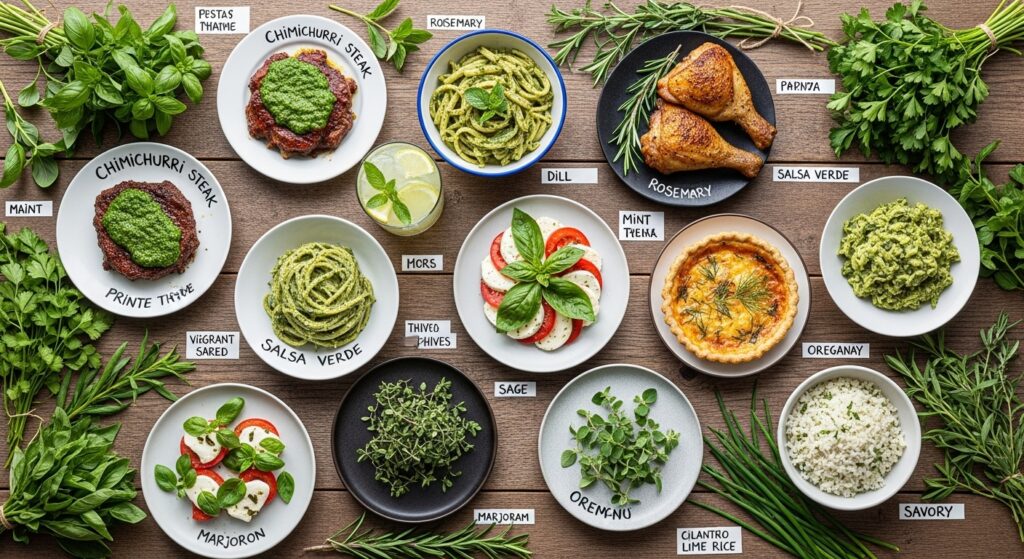Stop Wasting, Start Tasting. Welcome to Recipycle.
Discover delicious leftover recipes that save you money, help the planet, and transform your kitchen scraps into culinary masterpieces.
what's in your fridge? 🥕
Enter up to 3 ingredients you have to find a leftover rescue recipe.
Eat Well, Spend Less, and Help the Planet.
In the average household, nearly 30% of food is thrown away. That’s money in the bin and a huge strain on our environment. Recipycle was born from a simple idea: what if we could see food waste not as trash, but as an ingredient? We provide the tools and inspiration you need to create amazing meals from leftovers, adopt zero-waste kitchen habits, and make a real difference—one delicious bite at a time.
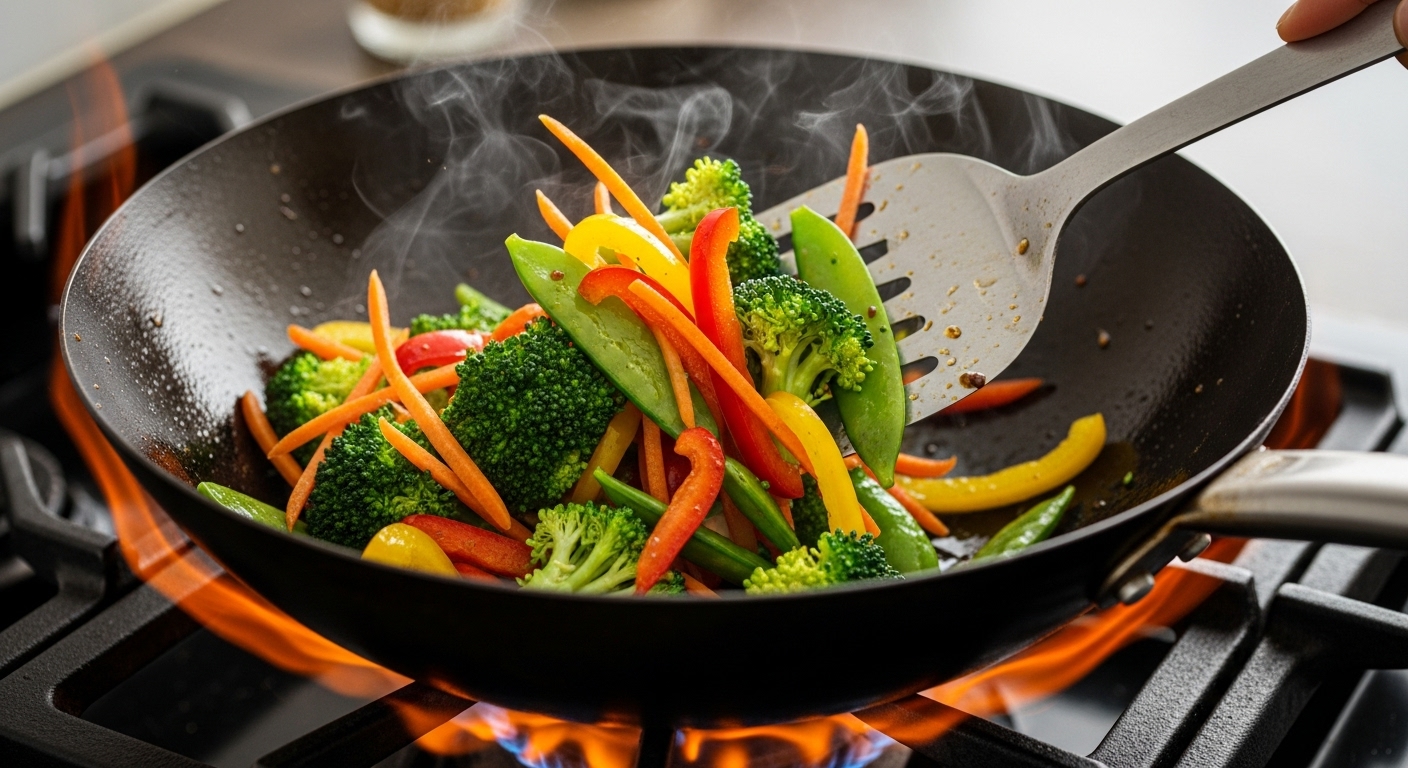
Trending Recipes
Configure the block to show 4-8 recipes with their featured images, titles, and a short excerpt. This will update automatically as you post new recipes
Give Your Leftovers a New Life
Find an Ingredient
Have leftover chicken, stale bread, or wilting vegetables? Search our database for creative food waste solutions.
Discover a Recipe
Get easy, step-by-step instructions for turning your kitchen scraps into delicious meals.
Reduce Waste
Join our community dedicated to sustainable cooking and making a positive impact from home.
More Than Recipes: The Recipycle Blog
Dive deeper into the world of sustainable living. Our blog is packed with tips on reducing food waste, smart shopping, and creating a zero-waste kitchen.
Your Questions About Cooking with Leftovers
Absolutely! As long as your vegetable scraps (like carrot peels, onion ends, and celery bottoms) are washed thoroughly, they are perfectly safe and incredibly flavorful. They are ideal for making homemade vegetable broth, which is a fantastic base for soups and stews. Avoid using any scraps that are moldy or spoiled.
Some of the most versatile leftovers include roasted chicken (for soups, salads, and sandwiches), stale bread (for croutons, bread pudding, or breadcrumbs), and cooked rice (for fried rice or rice cakes). Our recipe database is designed to give you creative ideas for common leftovers.
When food ends up in landfills, it produces methane, a potent greenhouse gas. By reducing food waste, you conserve the energy and water used to produce that food and lower your carbon footprint. It’s one of the most effective ways an individual can contribute to fighting climate change.
